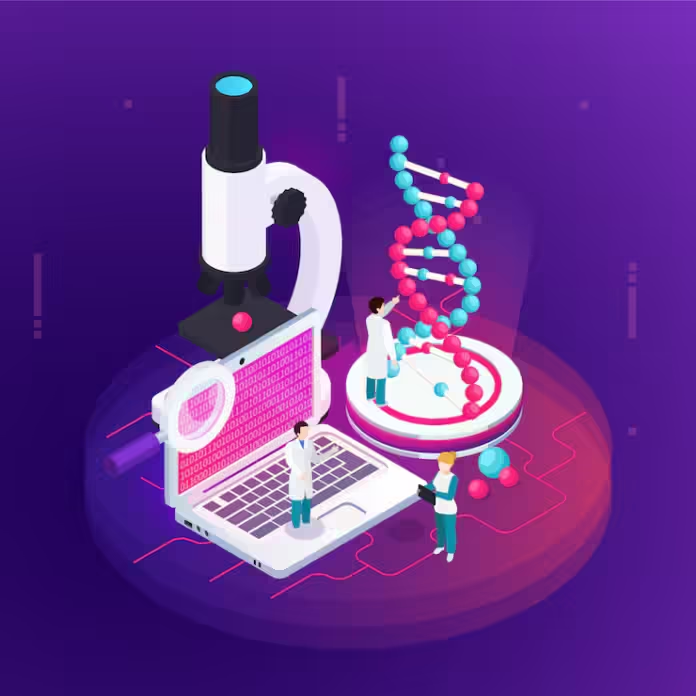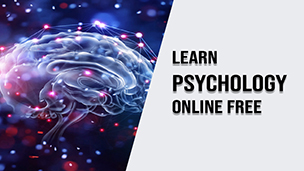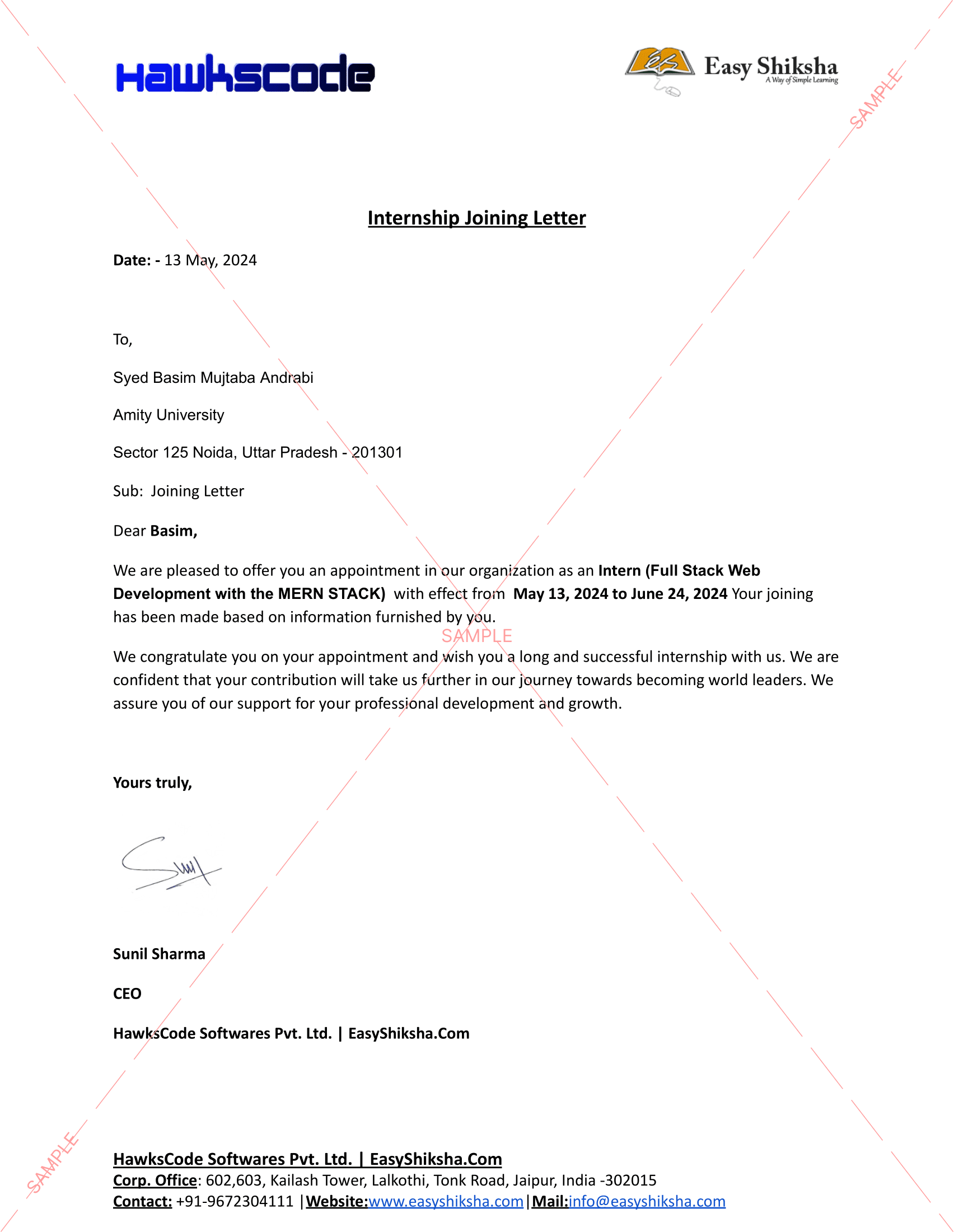In the ever-evolving landscape of healthcare, medical science continues to push the boundaries of what’s possible. From groundbreaking advancements in gene therapy to cutting-edge developments in telemedicine, the world of medicine is undergoing a transformative revolution. In this article, we’ll explore six of the latest trends in medical science that are poised to change the game.
Top Courses in Medical and Science
1. Precision Medicine: Tailoring Treatments to the Individual
One of the most exciting trends in modern medicine is the rise of precision medicine. This approach involves using an individual’s genetic profile, lifestyle, and environmental factors to develop personalized treatment plans. By understanding the unique characteristics of each patient, healthcare providers can deliver more effective and targeted therapies, leading to better outcomes and reduced side effects.
2. Telemedicine: Bridging the Healthcare Access Gap
The COVID-19 pandemic has accelerated the adoption of telemedicine, allowing patients to receive medical care remotely through video consultations, remote monitoring, and digital prescriptions. This trend is particularly beneficial for individuals living in rural or underserved areas, as well as those with mobility challenges or busy schedules. Telemedicine not only improves access to healthcare but also reduces the burden on traditional healthcare systems.
3. Gene Therapy: Treating the Root Cause of Diseases
Gene therapy, the process of introducing genetic material into cells to treat or prevent diseases, has made significant strides in recent years. From addressing genetic disorders to targeting cancer, gene therapy holds immense potential to revolutionize the way we approach healthcare. By addressing the underlying genetic causes of diseases, this technology offers the possibility of long-term or even permanent solutions, transforming the lives of patients.
4. Artificial Intelligence and Machine Learning: Enhancing Diagnosis and Treatment
The integration of artificial intelligence (AI) and machine learning (ML) in medical science is transforming the way healthcare is delivered. From early disease detection to optimizing treatment plans, these technologies are augmenting the decision-making capabilities of healthcare providers. AI-powered tools can analyze vast amounts of data, identify patterns, and provide insights that can lead to more accurate diagnoses and personalized treatment recommendations.
5. Regenerative Medicine: Restoring Damaged Tissues and Organs
Regenerative medicine, which focuses on repairing, replacing, or regenerating damaged or diseased tissues and organs, is another exciting trend in medical science. This field encompasses a wide range of therapies, including stem cell therapy, tissue engineering, and organ transplantation. By harnessing the body’s natural ability to heal and regenerate, these treatments have the potential to address a wide range of medical conditions, from chronic wounds to organ failure.
6. Digital Health Technologies: Empowering Patients and Improving Outcomes
The rise of digital health technologies, such as wearable devices, mobile health apps, and patient portals, is transforming the way individuals manage their health. These tools empower patients to play a more active role in their healthcare by providing real-time data on their vital signs, physical activity, and overall well-being. By integrating these technologies into their practice, healthcare providers can gain valuable insights, improve patient engagement, and enhance the overall quality of care.
Easyshiksha.com recognizes the importance of digital health and offers educational resources to help healthcare professionals leverage these technologies to improve patient outcomes and streamline their practice.
Important Announcement – EasyShiksha has now started Online Internship Program “Ab India Sikhega Ghar Se”
FAQ: Frequently Asked Questions
Q.1 What is precision medicine, and how is it changing the healthcare landscape?
Precision medicine is an approach that involves using an individual’s genetic profile, lifestyle, and environmental factors to develop personalized treatment plans. By understanding the unique characteristics of each patient, healthcare providers can deliver more effective and targeted therapies, leading to better outcomes and reduced side effects.
Q.2 How has the COVID-19 pandemic impacted the adoption of telemedicine?
The COVID-19 pandemic has accelerated the adoption of telemedicine, as it allows patients to receive medical care remotely through video consultations, remote monitoring, and digital prescriptions.
Q.3 How are artificial intelligence and machine learning enhancing medical diagnosis and treatment?
The integration of artificial intelligence (AI) and machine learning (ML) in medical science is transforming the way healthcare is delivered. These technologies can analyze vast amounts of data, identify patterns, and provide insights that can lead to more accurate diagnoses and personalized treatment recommendations, augmenting the decision-making capabilities of healthcare providers.
Q.4 What is regenerative medicine, and how is it addressing medical challenges?
Regenerative medicine focuses on repairing, replacing, or regenerating damaged or diseased tissues and organs. This field encompasses a wide range of therapies, including stem cell therapy, tissue engineering, and organ transplantation.
Q.5 How are digital health technologies empowering patients and improving healthcare outcomes?
The rise of digital health technologies, such as wearable devices, mobile health apps, and patient portals, is transforming the way individuals manage their health. These tools empower patients to play a more active role in their healthcare by providing real-time data on their vital signs, physical activity, and overall well-being.
Related Article: Top 10 Vocational Training Programs That Guarantee
Conclusion
The medical science landscape is undergoing a transformative revolution, with a myriad of innovative trends shaping the future of healthcare. From precision medicine and telemedicine to gene therapy, artificial intelligence, regenerative medicine, and digital health technologies, these advancements are poised to improve patient outcomes, enhance access to care, and revolutionize the way healthcare is delivered.
As the medical community continues to embrace these cutting-edge developments, platforms like Easyshiksha.com play a crucial role in educating and equipping healthcare professionals with the knowledge and skills necessary to navigate this rapidly evolving landscape.






































































